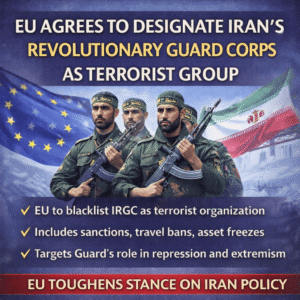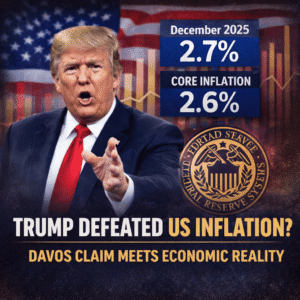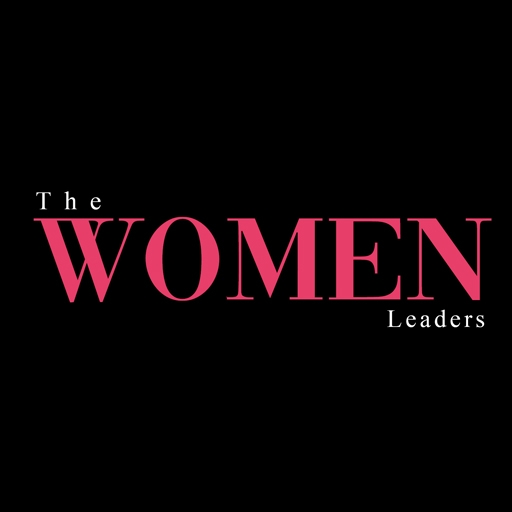

Picture this: the markets are plummeting, revenue forecasts have collapsed, and internal morale is in freefall. Investors are anxious, and the boardroom is on edge. Who do you want at the helm?
If the past decade has taught us anything, many of the best-performing CEOs in crisis aren’t just strategic — they’re often women.
Not because they’re gentler. Not because they’re material. But because their path to power has honed a radically practical set of leadership muscles: adaptive resilience, high-stakes diplomacy, and the ability to operate under relentless scrutiny. These are not side effects of being a woman in business — they’re survival mechanisms.
Why the Corporate Crisis Playbook Needs Updating
Traditionally, corporate crisis leadership has been modeled after military command: firm, fast, and top-down. But that’s a 20th-century solution to a 21st-century problem. Today’s crises are messier—viral, digital, and systemic. The COVID-19 pandemic, supply chain failures, tech layoffs, and ESG controversies don’t just require command—they demand trust, clarity, and agility.
And those traits? More often than not, they show up in female-led companies.
Take Mary Barra, CEO of General Motors. When COVID struck, GM was among the first to retool operations and produce hospital ventilators — an agile, high-integrity move that saved lives and strengthened public trust. Barra’s calm, methodical approach preserved GM’s reputation and deepened its alignment with purpose-driven leadership.
Or Rosalind Brewer, former CEO of Walgreens Boots Alliance, who took charge during a time of public health upheaval and corporate restructuring. She brought data-driven thinking and human-centric leadership to the table — emphasizing vaccine equity and employee well-being while balancing investor expectations.
These women didn’t follow the crisis manual. They rewrote it.
The Glass Cliff Is Real — But Some Are Building Ramps
It’s well-documented that women are more likely to be appointed CEO during crises—a phenomenon known as the glass cliff. The logic? Boards tend to take risks on nontraditional candidates when everything else is already on fire.
But here’s the twist: many of these women are not only surviving the cliff but transforming the ledge into a launchpad.
Research from the Peterson Institute and Credit Suisse shows that companies with female leadership are more likely to emerge from crises with more substantial balance sheets and employee retention metrics. In other words, once handed the wheel, female CEOs don’t just steer away from the cliff — they often find the road no one else can see.
So, what’s driving this performance? It’s not magic. It’s methodology.
3 Traits That Set Female CEOs Apart in Crisis
1. Relational Leadership as a Strategic Asset
When chaos hits, people need more than instructions—they need trust. Women CEOs tend to lean into relational authority, building buy-in across the C-suite and workforce. This creates alignment without forcing compliance.
This relational glue is a competitive advantage in crisis. It keeps teams stable, retains talent, and reduces decision lag.
→ Example: During the pandemic, Sonia Syngal, then CEO of Gap Inc., implemented company-wide listening tours with frontline retail workers to understand morale and adapt store operations quickly. The result? Faster response cycles and a more unified corporate culture.
2. Anticipatory Thinking Under Pressure
Most women in leadership don’t get there without constant scrutiny. That external pressure breeds anticipatory thinking — scenario planning not as a “nice-to-have” but as a career necessity. In crisis mode, this forward-scanning mindset becomes gold.
Where others react, these leaders are already on version three of the solution.
→ Example: Emma Walmsley, CEO of GlaxoSmithKline, launched a multi-year strategy to separate the consumer health division — all while managing vaccine pressures during the pandemic. That dual-track execution? The result of pre-crisis foresight.
3. Transparent, Empathic Communication
Empathy isn’t softness. In crisis, it’s a force multiplier. Female CEOs often outperform their male counterparts in engaging with internal and external stakeholders without spin. Their communication is candid, inclusive, and adaptable — all traits that reduce panic and rally teams.
→ Example: During COVID-19, Anne Richards, CEO of Fidelity International, held bi-weekly video town halls with all staff — not to broadcast control, but to listen. She openly acknowledged uncertainty, which paradoxically created confidence.
What the Data Says (And What It Doesn’t)
Data from McKinsey’s annual Women in the Workplace report consistently shows that women score higher on 8 of 10 key leadership competencies during a crisis, particularly on team cohesion, employee motivation, and stakeholder engagement.
But the data doesn’t always capture the invisible tax. Women CEOs often outperform while facing harsher judgment, limited mentorship access, and a steeper ladder. Their success isn’t a “bonus”—it’s often in spite of systemic drag.
And yet, many continue to lead not just effectively — but differently.
Will Boards Catch Up?
The bigger question is: are corporate boards learning the proper lesson?
While more women are becoming CEOs (in 2024, the number of female Fortune 500 CEOs hit a record high), they’re still underrepresented — and often under-supported. Boards must recognize that placing women in the top seat during a crisis is insufficient. They must also fund, back, and retain that leadership beyond it.

The EU to designate Iran’s Revolutionary Guard Corps as terrorist group marks a major policy shift, triggering sanctions

At least 30 people have died as freezing temperatures sweep across the US, with snow, ice, power outages and travel disruptions affecting millions nationwide.

Trump defeated US inflation is the Davos claim, but US CPI still sits near 2.7%. Trump defeated US inflation faces reality as food prices, tariffs, and sticky core inflation keep pressure alive.

European Parliament freezes Mercosur deal and refers it to the EU Court of Justice, delaying ratification as lawmakers question legal basis, sustainability safeguards, and EU regulatory autonomy.


Subscribe
Fill the form our team will contact you
Advertise with us
Fill the form our team will contact you
Leave us a message